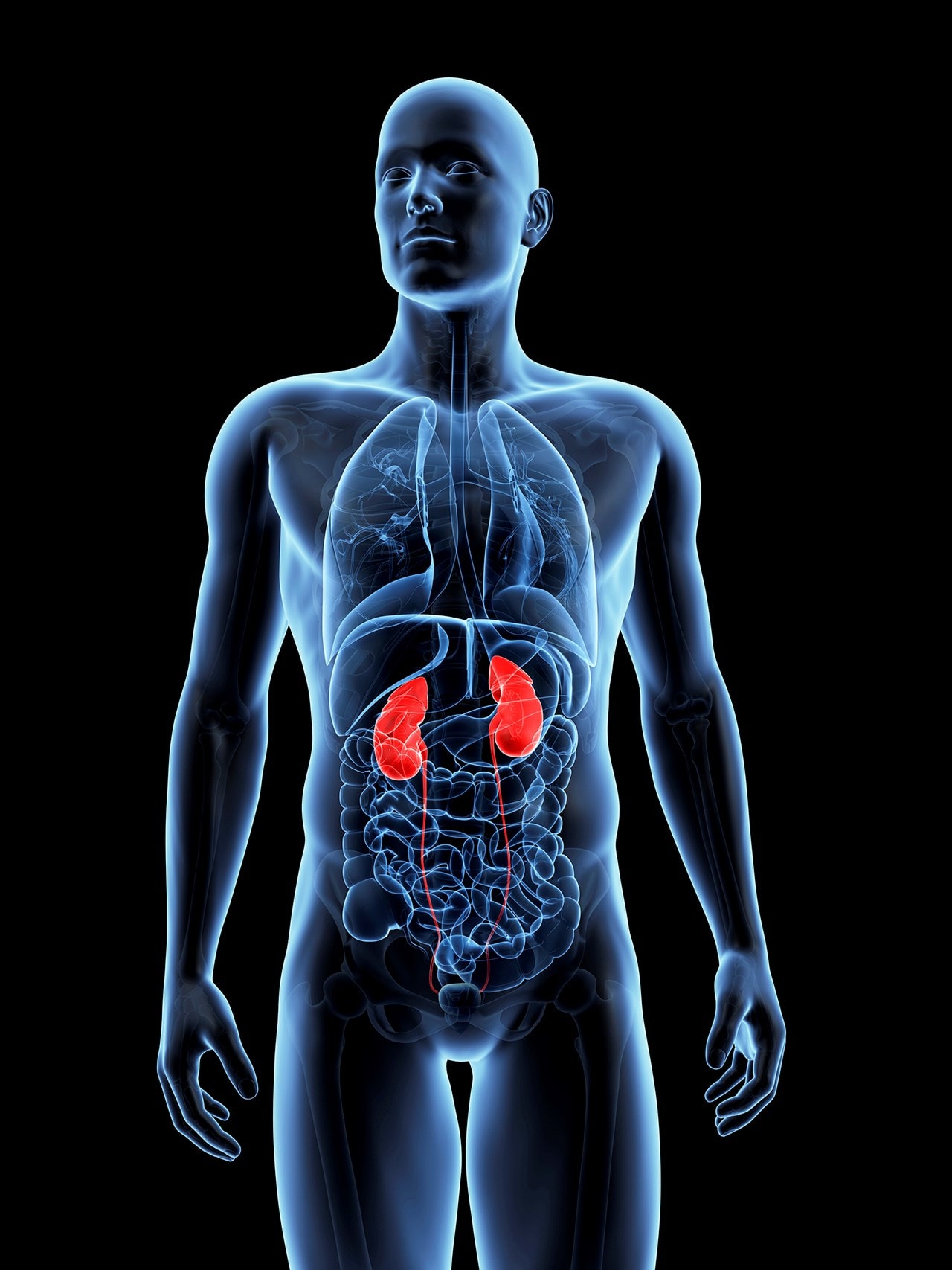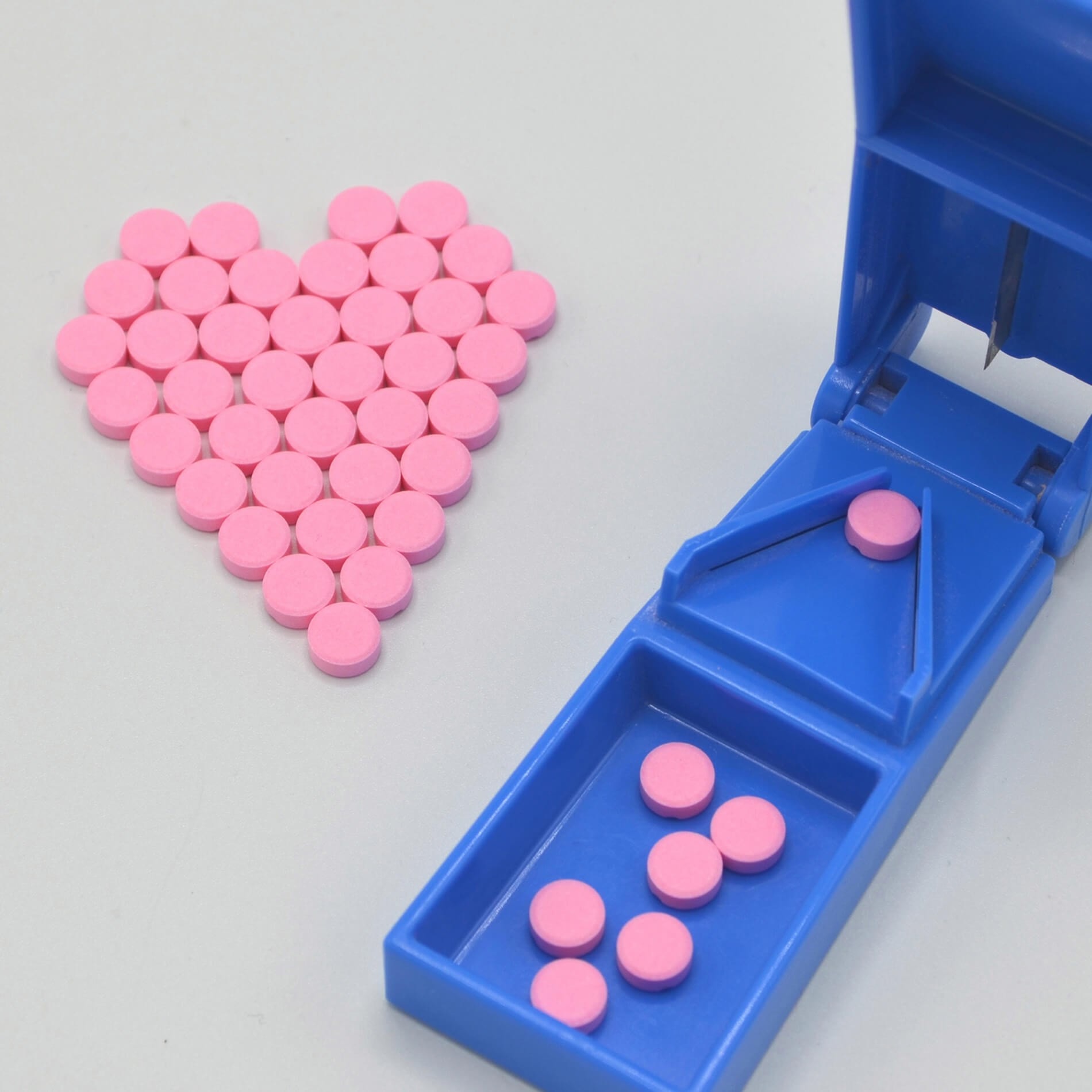Kidney infections - could probiotics help?
In our day to day lives, we generally give very little thought and appreciation to our kidneys, but these ‘hard-working’ little organs are responsible for many different functions in the body, such as: the excretion of wastes, the re-absorption of glucose, the maintenance of body pH and the maintenance of blood volume and blood pressure. It is generally only when we experience a problem with the kidneys that we pay their functioning any attention at all, and more often than not the problem arises in the form of a kidney infection. Symptoms of an infection can include: lower abdominal pain, pain on urination, cloudy urine, high temperature and nausea.
Within this article:

Technically classed as a type of urinary tract infection (UTI), kidney infections affect more women than men, due to the relative shortness of the urethra in women. Infections occur when bacteria, often from the E.coli species of bacteria, travel via the urethra to the bladder, and then onwards to the kidneys. The source of the E.coli is usually the intestinal tract, however it could also come from sexual activity or even a medical procedure such as the insertion of a urinary catheter.
Conventional treatment for kidney infections is usually a course of antibiotics, but due to concerns over antibiotic resistance and the potential side-effects from taking them, sufferers are increasingly looking for a more natural approach.
Can probiotics help?
There is currently relatively little research in to whether probiotics can be used therapeutically for kidney infections, however if the search term is expanded to encompass the use of probiotics for all types of ‘urinary tract infections’ then there is a larger body of scientific evidence 'out there'. Some examples of other forms of UTI include: cystitis, which involves the bladder and urethritis, which involves the urethra.
To read more about cystitis, you may like to read our earlier FAQ, 'Can Probiotics help with Cystitis?'.
The dominant genus of bacteria in the urogenital tract is Lactobacillus, and for this reason most research revolves around the use of various different species of Lactobacillus to prevent and/or treat UTIs. In one Canadian trial1 Lactobacillus rhamnosus GR-1® proved effective at reaching and colonising the urogenital tract, and protecting it from microbial infection.
Not all strains of Lactobacillus have proved to be effective though. Research suggests that only those strains that demonstrate an ability to adhere to and colonise the lining of the urinary tract, and then produce certain byproducts that inhibit urinary pathogens, such as bacteriocins and hydrogen peroxide showed positive effects in clinical trials.
Conclusion:
Clinical trials have been conducted which show the effectiveness of certain strains of Lactobacillus at both preventing and treating UTIs, however the focus of most of these trials has been on lower urinary tract infections, rather than kidney infections specifically.
As a holistic health practitioner, I still personally advise that clients suffering from kidney infections should optimise their urinary tract flora, even in the absence of conclusive evidence either way. It is my belief that the right strains could potentially reduce inflammation, and make the environment more hostile to E.coli by the secretion of bacteriocins and lactic acid. Many people also obtain significant relief from supplementation with D-mannose (a naturally occurring sugar) which prevents E.coli from adhering both to the bladder wall and also the lining of the ureters and kidney tubules.
Without conclusive evidence at this stage as to whether probiotics could have a therapeutic effect for kidney infections, I would simply suggest that sufferers do everything they can to 'stack the deck' in their favour. Supporting the immune system through sensible eating, ensuring proper hydration levels and optimising the intestinal and urinary tract flora would seem to be sensible starting points. Detoxifying the body can take a significant load off the immune system and also the elimination organs.
Women may like to read our FAQ, over in the Probiotics Learning Lab: Which probiotics are best for women?
References
- Bruce AW, Reid G. Intravaginal instillation of lactobacilli for prevention of recurrent urinary tract infections. Can J Microbiol 1988;34:339–43
Popular Articles
View all General Health articles-
General Health19 Jan 2024
-
General Health20 Mar 2025


